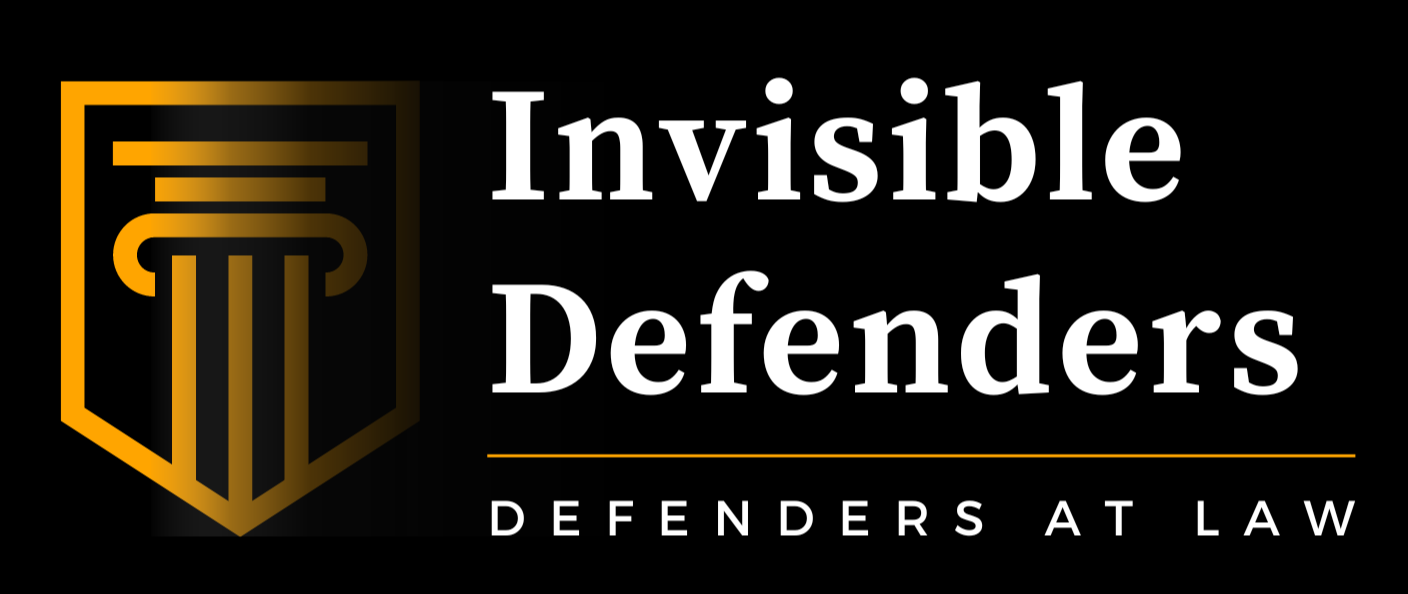
Divorce is a tough subject that often has to be dealt with in court. It is common for people to try and work it out on their own, but sometimes this can also lead to other legal issues that need to be addressed as well. If you are going through a divorce in the state of California, then you may have some questions about how it all works. What happens when parents split? Does the mother always get custody of the children? Will the property end up being split down the middle? This article will take a look at these questions and more so that you can make an informed decision about your situation.
What is Divorce?
The dissolution of a marriage, known as divorce, symbolizes the conclusion of a couple’s union. This significant transition can be navigated through legal processes facilitated by an attorney who is well-versed in the complexities of Family Law in NC or elsewhere. Alternatively, couples may choose a more amicable path by submitting a separation agreement, reflecting a collaborative effort to define terms outside of formal court proceedings. This agreement typically outlines details such as asset division, spousal support, and child custody, fostering a cooperative approach to ending the marital relationship. Whether pursuing a legal route or opting for an amicable agreement, the decision-making process underscores the importance of clear communication and thoughtful consideration during this emotionally charged period.
How Long Does the Process Take?
When contemplating divorce or custody arrangements, it is important to understand the time frame involved. The dissolution of a marriage or parental rights can take anywhere from a few months to several years, depending on the complexity of the case and the number of court appearances.
In most cases, it is advisable to consult with an attorney before filing for divorce or custody. This will help ensure that all legal formalities are followed and that any necessary paperwork is completed in a timely manner.
Generally, the process of dissolving a marriage or parental rights can take between six and twelve months. However, this timeline may be shorter or longer, depending on the complexity of the case and the amount of documentation required.
Supporting Documents
When considering divorce, custody, and separation, it is important to be aware of the various supporting documents that can be used. These documents may include:
- Divorce decree
- Child custody agreement
- Prenuptial agreement
- Separation agreement
Additionally, those going through a divorce or separation may need to legally change their name back to a prior name. A deed poll service can help with officially changing one’s name and updating identification documents like passports and driver’s licenses. Another option is to apply for a statutory declaration of name change, which involves making a sworn statement in front of a public notary. There are also other legal considerations around jointly owned assets, child support payments, and spousal maintenance that require properly prepared legal documentation. Having the right supporting documents in place can help ensure a fair separation of assets and smooth process when dealing with divorce, child custody, and legal separation. Consulting with a family lawyer is advisable to understand all the documentation required.
Child Custody: What Does it Mean?
When parents divorce or separate, custody of their children may become an issue. In most cases, the parents will want to share custody of their child equally. Sometimes one spouse may file for sole custody or they might simply take the child and abscond. In the latter situation, they would have to be found whether by the police or by a tracing agent (Click here to learn more about them), and brought into the judicial process to decide custody legally. Now, there are a number of factors that can come into play when it comes to determining custody.
One important factor is the best interest of the child. This is determined based on a number of factors, including the child’s age, health, and relationship with each parent. The courts will also take into account any prior arrangements that the parents have made for their child.
If one parent has primary custody, that parent will generally have responsibility for making decisions about the child’s welfare. That parent may also be required to pay child support. If the other parent has custody, that person may have visitation rights. If parents cannot agree on custody, they may need to go to court to decide what is in the best interest of their child.
Property and Business Dilemma
When people get divorced, they need to decide how to split up their things, like their house and money. Sometimes, they might sell their house and share the money they get from it. This can be hard because the house might have memories, but it’s important to be fair. To make it easier, they can talk to a lawyer or someone who helps them agree on what’s fair. Selling the house is a way to start a new life separately and make sure both people get what they should. If they wish to find a quick solution for their property, they can browse online using phrases similar to ‘sell my house fast‘ and get potential buyers.
When couples are considering a divorce, they often face the question of who gets to keep what. This question can become even more complicated if one or both spouses have businesses. In this article, we’ll explore some of the basics of property and business law when it comes to divorce and separation.
Each spouse usually retains their individual assets (such as homes and savings accounts). However, if there are any business assets involved, those will typically be divided between spouses. For example, if one spouse owns a business while the other is its manager, the manager will typically get ownership of the business assets while the owner retains any personal assets associated with the business.
It’s important to note that these rules vary depending on the type of business. For example, in some cases where a spouse owns a sole proprietorship, that person would retain full ownership of all assets in the business even after a divorce. In contrast, if a couple owns a partnership or corporation, each partner would typically get an equal share of the total assets.
If there are any debts or liabilities involved with the business, those will also be divided between the spouses.
